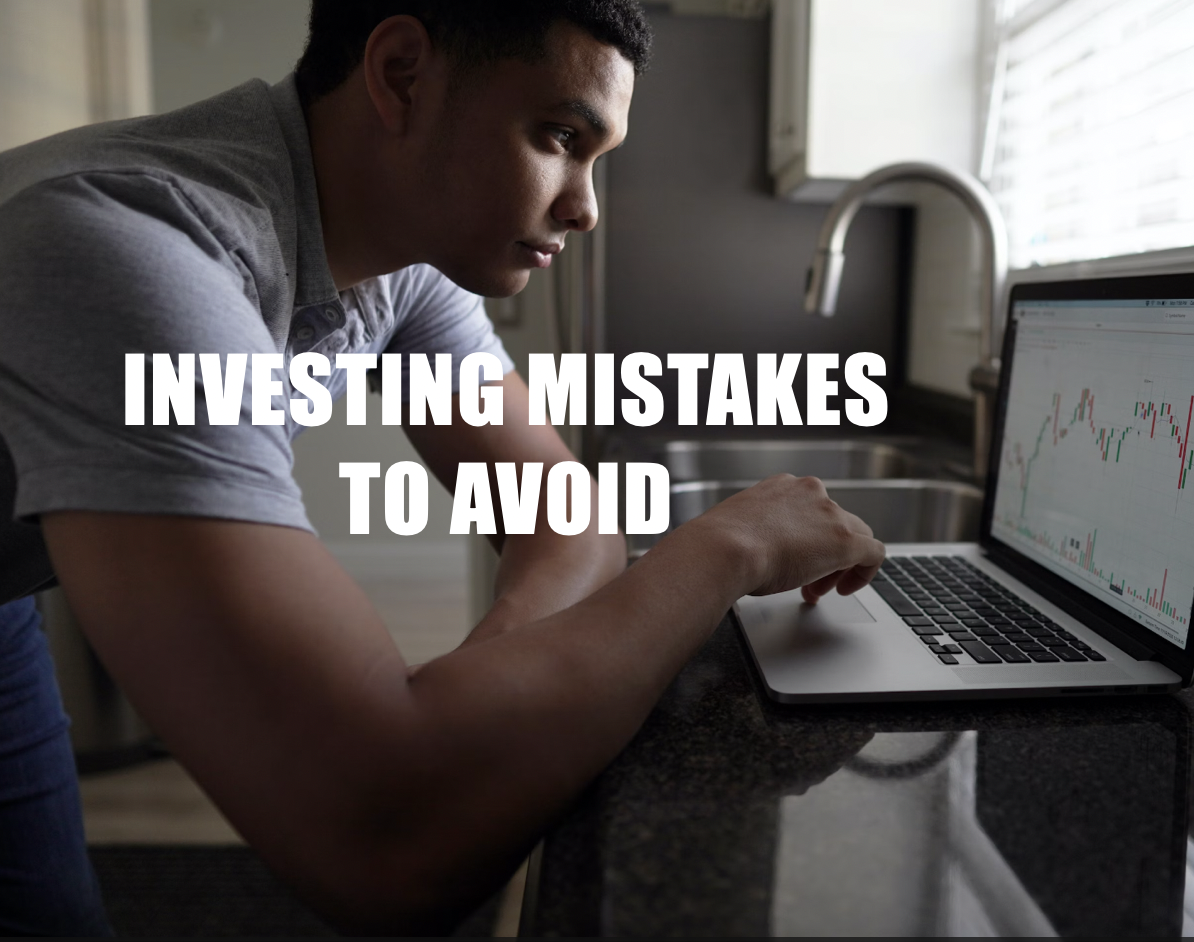Investing Mistakes to Avoid
Investing can be a complex and challenging journey, even for the most seasoned investors. Mistakes are inevitable, but they also serve as valuable lessons, offering insights that can help build more resilient investment portfolios. The CFA Institute has highlighted the top 20 investment mistakes that individuals should be aware of to navigate this journey more effectively. Here’s a closer look at these common pitfalls and how to avoid them.
- Expecting Too Much
Setting realistic return expectations is crucial. This helps maintain a long-term perspective and prevents emotional decision-making.
- No Investment Goals
Investors often get caught up in short-term trends or fads instead of focusing on their long-term objectives.
- Not Diversifying
A well-diversified portfolio can prevent any single stock from significantly impacting its overall value.
- Focusing on the Short Term
Short-term thinking can lead to second-guessing and impulsive decisions, straying from the initial strategy.
- Buying High and Selling Low
Emotional responses to market fluctuations often lead to this counterproductive behaviour.
- Trading Too Much
Frequent trading can lead to underperformance. A study in The Journal of Finance found that active traders lagged behind the U.S. stock market average by 6.5% annually.
- Paying Too Much in Fees
High fees can significantly erode investment returns over time.
- Focusing Too Much on Taxes
While tax strategies like loss harvesting are beneficial, decisions should not be based solely on tax implications.
- Not Reviewing Investments Regularly
Regular portfolio reviews are essential to ensure alignment with your goals and to rebalance as needed.
- Misunderstanding Risk
Balancing risk is key; too much may be uncomfortable, while too little could lead to inadequate returns.
- Not Knowing Your Performance
Tracking your investment performance, considering fees and inflation, is vital to assess whether you are meeting your goals.
- Reacting to the Media
Avoid making decisions based on short-term media reports; focus on your long-term strategy.
- Forgetting About Inflation
Inflation, which has historically averaged around 4% annually, can significantly reduce your purchasing power over time.
- Trying to Time the Market
Market timing is challenging and often less effective than remaining invested over the long term.
- Not Doing Due Diligence
Always verify the credentials of financial advisors, for instance, through resources like BrokerCheck.
- Working With the Wrong Advisor
Take the time to find an advisor whose approach aligns with your investment goals.
- Investing With Emotions
Stay rational and avoid making decisions based on emotional reactions to market changes.
- Chasing Yield
High-yield investments are often riskier; assess them in the context of your risk tolerance.
- Neglecting to Start Early
Starting to invest early can have a substantial impact on the eventual size of your portfolio due to compounding.
- Not Controlling What You Can
Focus on consistent contributions over time, rather than trying to predict market movements.
One notable point is the significance of diversification. A study suggests that holding about 15 stocks in a large-cap portfolio is optimal for balancing return and risk. For small-cap portfolios, this number increases to 26. However, there’s no one-size-fits-all approach, and seeking tailored financial advice is often beneficial.
Additionally, avoid the trap of excessive trading. Each trade incurs fees, which can cumulatively dampen your portfolio’s performance. Regularly monitoring your investments is also crucial, especially in changing market conditions. This ensures your investments align with your goals and accounts for external factors like inflation and changing personal circumstances.
In conclusion, by being aware of these common investment mistakes and actively working to avoid them, investors can significantly enhance their chances of achieving their financial goals. Remember, informed decisions and a disciplined approach are key to successful investing.



